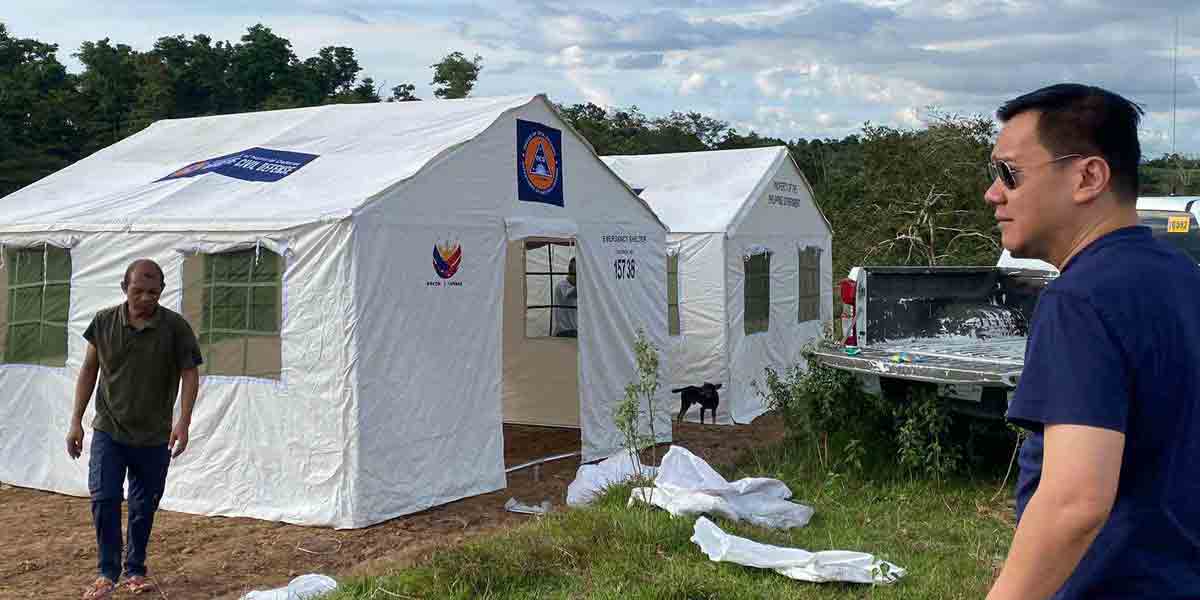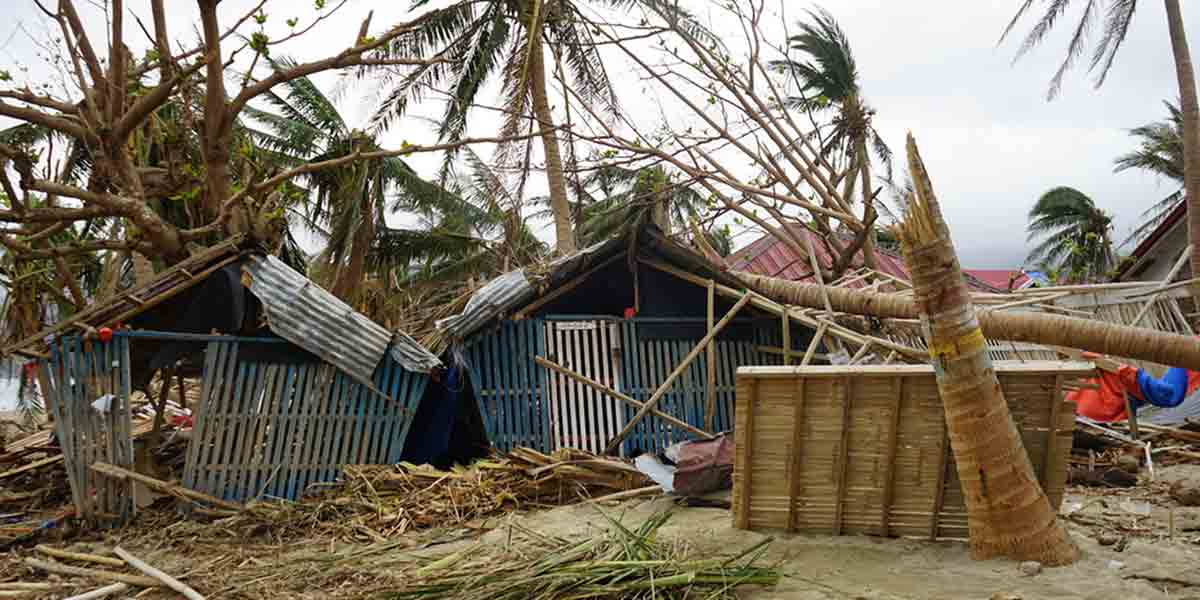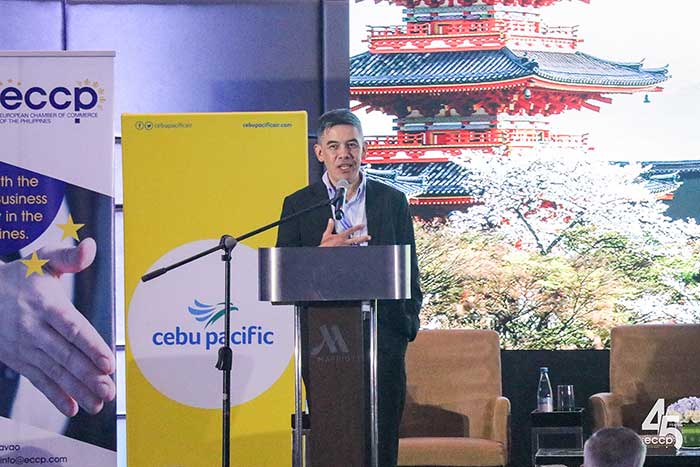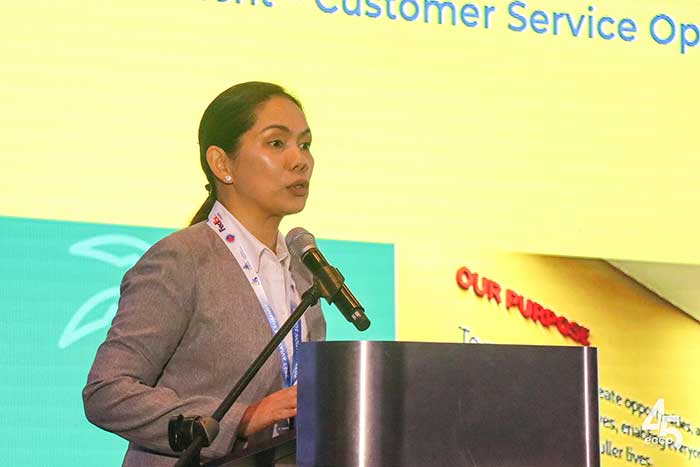Cebu Pacific (CEB), the Philippines’ leading carrier, is optimistic that the local aviation sector will continue its post-pandemic growth despite the current global supply chain and operational challenges facing the industry.
CEB co-presented the inaugural Philippine Aviation Summit this September 27-28, where airline officials shared insights on issues concerning the aviation industry as it recovers from the impact of the COVID-19 pandemic. The two-day summit, which carried the “Philippine Aviation: Ready for Takeoff,” aims to identify actionable solutions for the country’s aviation industry.
In his talk, CEB Chief Executive Officer Michael Szucs expressed optimism about the future of the Philippine aviation industry as he pointed out the factors that put the country in a strategic position to serve more domestic and international passengers.
“The Philippines has a moment here with this young middle class, increasing the wealth of the nation but also wanting to travel. We are strategically placed within the ASEAN region to be a hub, allowing more connectivity between all the people in this region,” Szucs said.
“The growth story is impressive and consistent, and the tourism potential here is massive. This is the moment; this is the opportunity to get back. Now is our time to get back to that pedestal, to that very top,” he added.
CEB’s positive outlook regarding the post-pandemic growth of the local aviation industry reflects the airline’s confidence in the long-term recovery of the sector. The COVID-19 pandemic had a significant impact on the global aviation industry, including in the Philippines, with travel restrictions, reduced demand, and operational challenges affecting airlines worldwide.
Senator Grace Poe, who served as a key speaker for the event, said the increasing demand for travel, along with the government’s mission to advance the welfare of the traveling public, also highlights the importance of coming up with solutions to address issues in the aviation sector.
“It is my hope that government, private sector, and other stakeholders can work together and collaborate on air transport projects which will not only generate economic growth but also provide our people with excellent and affordable public service that will improve their quality of life,” Poe said.
While the aviation sector plays a significant role in propelling economic growth in a post-pandemic world, it is also one of the main contributors to global carbon emissions. CEB Chief Strategy Officer Alex Reyes noted that achieving a sustainable future in the aviation sector requires a whole-of-society approach as he emphasized the benefits of incorporating sustainable aviation fuel (SAF) in airline operations.
“There needs to be a coordinated effort throughout the complicated supply chain of aviation to achieve these investments, to get all these massive amounts of SAF refineries. We are also encouraging our government partners to put in the proper incentives so that more capital flows into this vital industry. If everyone can put SAF on top of their agenda, it all brings us to a much better place for the entire aviation sector,” Reyes said in his speech.
With the Philippine aviation industry seen to grow further, CEB Vice President for Customer Service Operations Lei Apostol reiterated the airline’s commitment to passengers to provide heightened recovery and ensure safe, reliable, and affordable air travel.
“No success was ever had without putting the customers at the center of the main mission. Our ability to provide the needs of our passengers when looking to maximize the potential growth will be crucial in supporting the industry’s growth,” Apostol said as she highlighted CEB’s initiatives to improve its passenger handling and communications.
Cebu Pacific currently flies to 35 domestic and 24 international destinations spread across Asia, Australia, and the Middle East. (Photo Credit: European Chamber of Commerce of the Philippines)






















